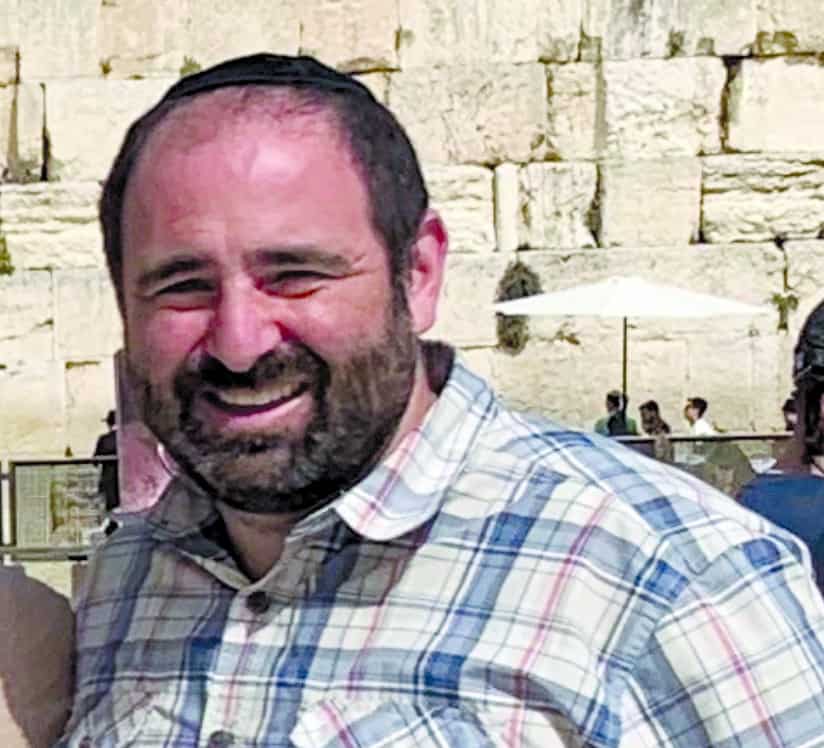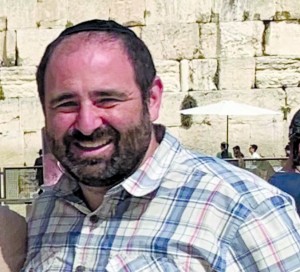The recent terrorist murder in Israel of two Jewish boys from Har Bracha in the Arab village of Huwara fills the Jewish world with sadness. Yet, it is the extrajudicial response by religious settlers to the killings which resulted in widespread civilian destruction in Huwara that has made news across the globe. It is the ultimate “man bites dog” headline. Because it is so out of character for our people to be the subject, rather than the object of a riot, it is front page news. Throughout our history, the cost of spilling Jewish blood has come cheap. For centuries, without a land, an army, or political rights, our people have endured suffering and have lacked the power to respond.
Now we live in a different time. Israel, while still vulnerable, is a regional economic and military power. However, this government has demonstrated the pitfalls of political power in a modern Jewish state that is neither fully secular nor defined as a theocracy.
For the first time in Israel’s history, the ruling coalition is made up of self-identified “religious” parties. I use that descriptive hesitatingly as there is much risk in identifying religiosity on externalities, but we will make do with it for now. It was much easier for religious parties to be part of ruling governments when their focus is on the best interests economically for their party supporters. Pardon the expression, but what in the United States we often call “bringing home the bacon” to constituents is a key element of representative democracies. That’s how coalitions are formed, and the work of government gets done. But there are moral dilemmas when a government couples religious ideology with the coercive power of the state to influence policy that impacts the individual rights or the physical well-being of all inhabitants within its borders.
Let us put aside the fight over an independent judiciary in Israel and focus on the State’s role in maintaining security in Judea and Samaria. The inclusion of far-right parties to the ruling coalition has brought a much more hawkish attitude toward security and settlement expansion in the territories that is coupled with a religious ideology. This has provided cover for a fringe element of the settler movement to act out with an incident of retributive violence at unprecedented scale in the burning of Huwara with the Israeli military either unwilling or incapable of protecting the lives and property of its Arab inhabitants. A robust condemnation of these acts and swift criminal prosecution has been lacking, which increases the likelihood of similar episodes in the future and further loss of life on both sides of the Arab-Israeli conflict.
A well-publicized photo of Jewish rioters participating in the evening Maariv prayer among the burning wreckage of Huwara brought an overt religious component to this unfortunate event which requires further reflection. It is times like these when the moral clarity of the late Rabbi Lord Jonathan Sacks is so sorely missed. Fortunately, his 2015 book, Not in God’s Name: Confronting Religious Violence, provides a perspective of what he might have shared if he was still with us.
Rabbi Sacks discusses the ancient religious tendency toward dualism as reflected by the Essenes of dead sea scroll fame who awaited the end of days between the “children of light” and the “children of darkness.” This concept has origins in ancient religions like Zoroastrianism and pagan faiths but is foreign to classic Jewish thought or other monotheistic religions. Yet dualism has a tendency to reappear under extreme circumstances and when widely adopted can lead to historic tragedy. The Crusades, Rwanda, and the Balkans are just a few of countless examples.
When dualism becomes pathologic it contains three elements. Firstly, it delegitimizes your enemies which destroys any sense of empathy. Second, it causes you to identify as the victim and deflect any moral responsibility. Finally, it provides the justification for you to commit altruistic evil. Good people can become convinced to take evil action. As Rabbi Sacks states, “killing in the name of the God of life, hating in the name of the God of love and practicing cruelty in the name of the God of compassion.”
As Jews we have been the object of religious violence throughout the ages. We have a religious tradition that promotes both the “universality of justice” and the “particularity of love.” As Rabbi Sacks discusses, “Justice must be detached, impartial, and applied equally to all. Love plays no part in it…Love on the other hand is utterly particular.” While we all may love children, who among us does not love our own children more than those not our own?
This month we celebrate(d) with Purim, the invisible hand of God in our victory over Haman the Amalekite and his minions. It was a time when we lacked political power and were beholden to the whims of a Persian king’s decrees. Now that we have the political power to control our ancient homeland, we must redouble our efforts to make sure that the love of our fellow Jew does not come at the expense of our universal mission of a just world.
It is not surprising that every time the Jewish people individually or collectively fall short of expectations, it is news. There is a double standard, and I am ok with that. As representatives of our faith, our standard should be higher if we expect to remain “a light among the nations.” We don’t need the United Nations to point out our failings. We must call out our own failures and demand leaders who do the same. We must acknowledge without any caveat that what happened in Huwara was against our religious tradition and ethically wrong.
Our people have suffered acts of unspeakable evil throughout our history and through the present day. Am Yisrael aches as one with the loss of each Jewish soul. Yet, we can never allow this pain to be the justification for religious violence that conflicts with our spiritual mission as a people and desecrates God’s holy name.
This article originally appeared in The Times of Israel on March 6.
Craig Schranz is an emergency medicine physician who lives in Norfolk, Virginia and is the host of The Growing Jew podcast.
–Craig Schranz


